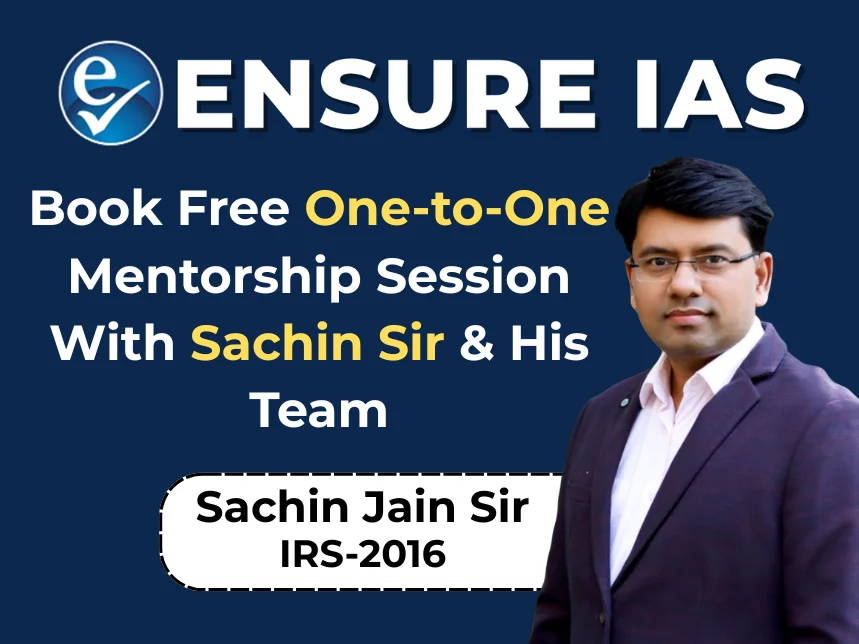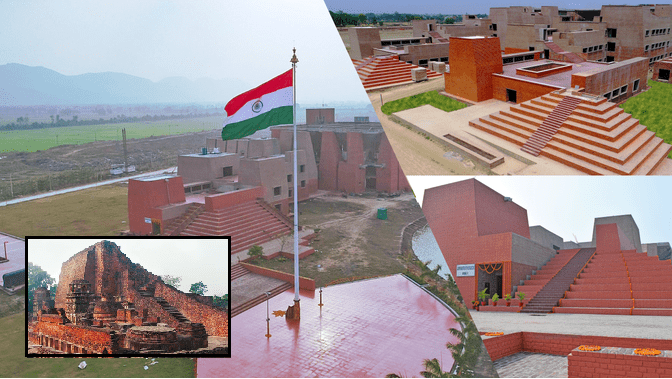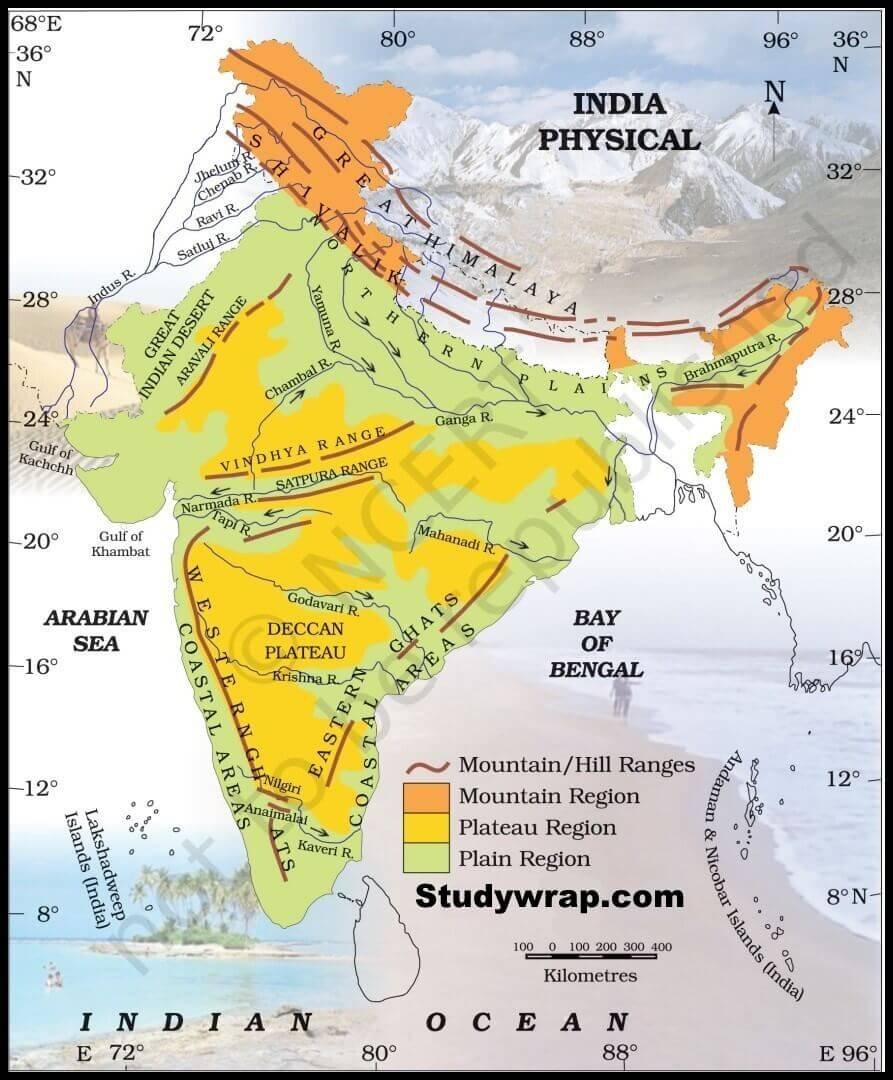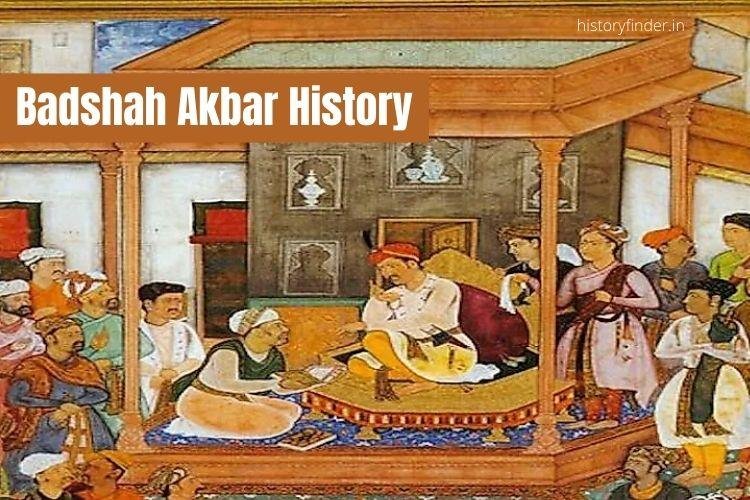Introduction
- Choosing the right graduation subject is a strategic decision for UPSC aspirants.
- While the UPSC Civil Services Examination (CSE) does not prescribe any specific academic background, your graduation subject can significantly influence your preparation efficiency, optional subject selection, and overall performance.
- This write-up explores the role of graduation subjects in UPSC preparation, popular choices, and how to make an informed decision.
Understanding the Role of Graduation Subjects in UPSC Preparation
- UPSC Eligibility Basics:
- The UPSC Civil Services Examination only requires a graduation degree in any stream from a recognized university.
- Your choice of subject in graduation doesn’t determine your eligibility, but it can influence your preparation strategy.
- Optional Subject Overlap:
- Many candidates choose their UPSC optional subject from their graduation major.
- This helps in reducing preparation time as they already have conceptual clarity.
- Knowledge Foundation:
- Subjects like Political Science, Public Administration, History, Sociology, etc., naturally build a strong base for the UPSC syllabus.
- Scoring and Comfort:
- A graduation subject you’re comfortable with will make your preparation journey smoother, as you’ll be more motivated to study it deeply.
- Competitive Advantage:
- If your graduation subject aligns with General Studies (GS) papers, you get an edge in the Prelims and Mains.
- Bottom Line:
- Don’t choose a subject just because it’s “popular”, choose one you can sustain interest in for the next 3–5 years.
Popular Graduation Subjects for UPSC Aspirants
- Public Administration:
- Why Popular? Overlaps significantly with GS Paper II (Governance, Constitution, Polity).
- Advantages: Easy-to-understand concepts, direct application in essays, ethics, and interviews.
- Political Science & International Relations (PSIR):
- Overlap: GS Paper II (Polity, Governance) and GS Paper IV (Ethics to some extent).
- Advantages: Strong relevance for current affairs and diplomatic topics.
- Sociology:
- Overlap: Useful for GS Paper I (Society) and GS Paper II (Social Justice).
- Advantages: Short syllabus, high scoring trend, and easy conceptual understanding.
- History:
- Overlap: GS Paper I (History & Culture).
- Advantages: Direct connection with prelims syllabus, important for essay writing.
- Geography:
- Overlap: GS Paper I (Geography) and GS Paper III (Environment, Disaster Management).
- Advantages: Scoring potential with diagrams/maps.
- Anthropology:
- Overlap: GS Paper I (Society) and Essay.
- Advantages: Compact syllabus, consistent scoring pattern.
- Key Takeaway:
- These subjects are popular not because they’re “easy,” but because of their syllabus overlap and exam relevance.
Why Science and Engineering Students Can Still Excel
- No Disadvantage:
- Science, medical, and engineering students often think they’re at a disadvantage, but many top rankers come from STEM backgrounds.
- Analytical Skills:
- Engineering and science disciplines develop problem-solving and analytical thinking, which is useful in CSAT and logical parts of the exam.
- Optional Choice:
- Science graduates can choose from technical optionals like Mathematics, Engineering subjects, or switch to humanities for broader overlap.
- Examples from Toppers:
- Several UPSC toppers like Gaurav Agarwal (IIT + IIM), Shubham Kumar (IIT), and others came from engineering backgrounds and scored top ranks.
- Adaptability:
- STEM students may take a little extra time to adjust to humanities-style descriptive writing, but once mastered, it becomes a strength.
How to Choose the Right Graduation Subject for UPSC
- Interest Over Trend: Pick a subject you are passionate about. You’ll be studying it in depth for years — genuine interest is key.
- Syllabus Overlap: Check how much of the UPSC GS syllabus matches your graduation subject.
- Scoring Pattern: Research the recent scoring trends for that subject in UPSC optionals.
- Availability of Guidance: Ensure there are enough good books, coaching, and mentors available for the subject.
- Writing Comfort: Choose a subject in which you can write analytical, descriptive answers with ease.
- Future Utility: Even beyond UPSC, the subject should help in other exams or career paths if needed.
Mistakes to Avoid While Selecting a Graduation Subject
- Following the Crowd: Just because your friends chose Political Science doesn’t mean it’s right for you.
- Ignoring Personal Strengths: A subject that worked for one topper may not work for you if you find it dull.
- Overestimating ‘Easy’ Subjects: Subjects like Sociology or Anthropology are considered short but require deep conceptual clarity.
- Switching Midway: Changing your subject midway wastes time and effort — decide carefully before committing.
- Neglecting Optional Importance: Optional carries 500 marks in Mains, so your graduation subject decision can indirectly influence your final score.
Final Recommendations for UPSC Aspirants
- If you love reading about society, governance, and current affairs, go for humanities like PSIR, Public Administration, Sociology.
- If you’re passionate about maps, environment, and physical sciences, Geography could be ideal.
- If you have a knack for factual history and cultural heritage, History may work best.
- Science and engineering students should not hesitate to opt for non-technical optionals if it boosts their GS performance.
- Remember — interest + syllabus overlap + scoring potential = best graduation subject for you.
Conclusion
Choosing the right graduation subject is not just an academic decision—it’s a strategic investment in your UPSC journey. While the exam allows aspirants from all backgrounds, your graduation stream can shape your preparation efficiency, optional subject selection, and even your confidence during Mains and interviews.
Humanities subjects like Political Science, Public Administration, Sociology, and History offer strong alignment with the UPSC syllabus and are supported by abundant resources. However, STEM graduates bring analytical strengths that are equally valuable, especially in CSAT and structured writing. The key is not the subject itself, but how well it fits your temperament, interests, and long-term goals.
Avoid the trap of following trends or choosing a subject based on perceived scoring ease. Instead, focus on building a foundation that supports consistent effort, conceptual clarity, and writing proficiency. Remember, UPSC rewards depth, clarity, and strategic preparation—not shortcuts.
Ultimately, the best graduation subject for UPSC is one that you can study deeply, write about analytically, and sustain interest in over several years. Whether you’re drawn to governance, society, science, or economics, your subject should empower—not hinder—your path to public service.
FAQs
Q1. Does UPSC prefer any specific graduation subject?
No. UPSC allows all graduates, regardless of their subject background.
Q2. Which graduation subject is most popular among toppers?
PSIR, Public Administration, Sociology, and Geography are common choices.
Q3. Can engineers crack UPSC easily?
Yes. Many toppers are engineers. With the right strategy, any background works.
Q4. Is it better to choose my graduation subject as my optional?
Yes, if you enjoy it and it overlaps with the UPSC syllabus.
Q5. Which subject has the shortest syllabus in UPSC?
Anthropology and Sociology are often considered compact.
Q6. Can a science graduate choose humanities optional?
Absolutely. Many STEM graduates opt for humanities and succeed.
Q7. Does graduation subject affect prelims?
Only indirectly, if it overlaps with GS subjects like History, Geography, or Polity.
Q8. Which subject is easiest to score in UPSC?
It varies. For some, Sociology is easiest; for others, PSIR or Geography.
Q9. Do I need to change my graduation subject to prepare for UPSC?
Not necessary, you can prepare for UPSC regardless of your degree subject.
Q10. What if I don’t like my graduation subject?
You can choose a different optional for UPSC that suits your strengths.
Q11. Is commerce a good stream for UPSC?
Yes. Subjects like Economics and Accountancy can be helpful in GS Paper III.
Q12. Which subject overlaps most with UPSC GS syllabus?
Political Science, Public Administration, Sociology, and History have the highest overlap.







